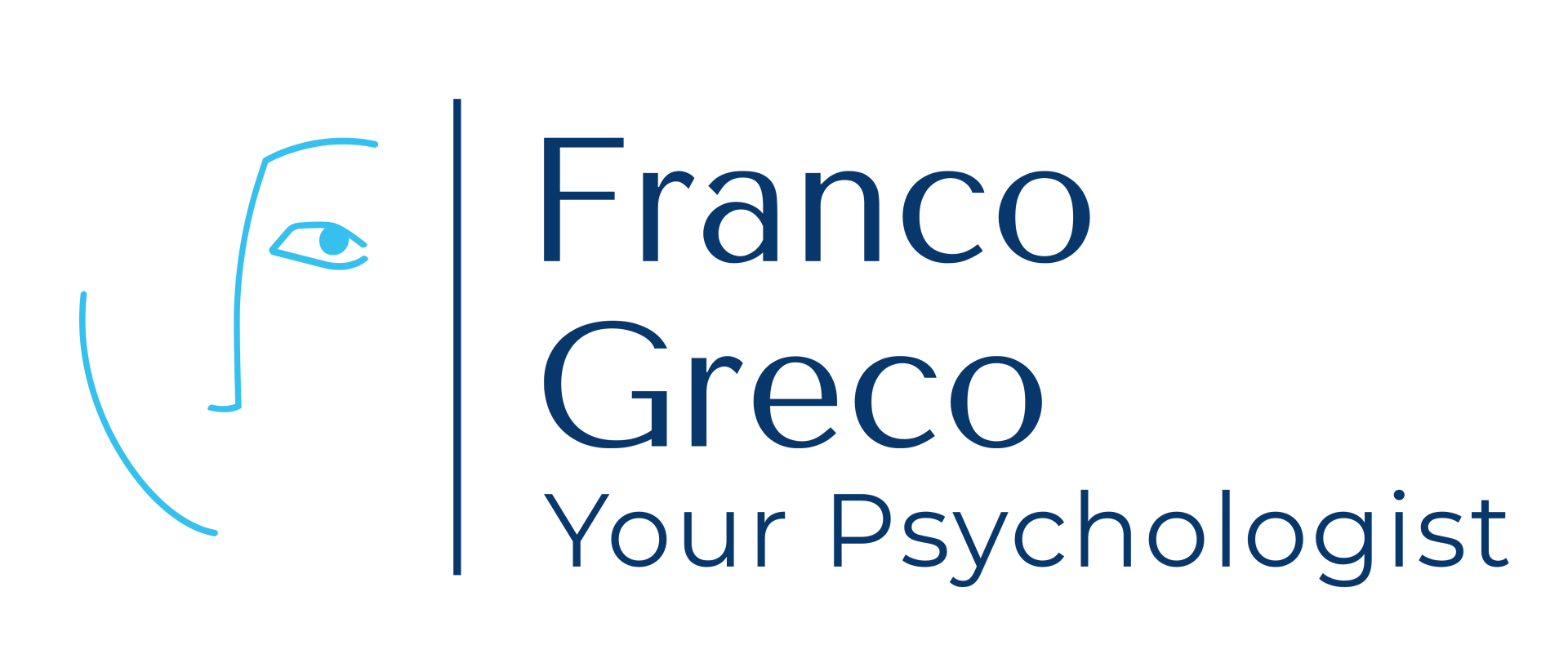How Schema Therapy Can Help You With Relationship Issues - A Case Study
Are you tired of repeating the same painful patterns in your relationships? Schema therapy can help.

If you've ever felt like your relationships follow a predictable cycle of emotional highs and painful lows, you might be experiencing deep-seated issues that can be addressed through Schema Therapy. This transformative approach can help individuals with relationship difficulties by uncovering hidden emotional patterns and breaking destructive cycles. In this blog post, we’ll walk through a realistic case study to demonstrate how Schema Therapy can be a game-changer for those struggling with relationship issues.
What is Schema Therapy?
Schema Therapy, developed by Jeffrey Young, is an integrative form of therapy that blends elements of cognitive-behavioral therapy (CBT), psychodynamic therapy, attachment theory, and emotion-focused therapy. It focuses on early maladaptive schemas—deep-rooted, negative beliefs formed in childhood that shape how we perceive ourselves, others, and the world. These schemas often lead to self-sabotaging behavior in adult relationships.
In relationships, these schemas can manifest in patterns of fear, anxiety, and emotional reactions that don’t serve us well. Schema Therapy aims to identify these patterns and replace them with healthier, more adaptive ways of thinking, feeling, and behaving.
Case Study: Georgia’s Journey with Schema Therapy
Meet Georgia, a 34-year-old woman who came to therapy feeling frustrated and stuck in her romantic relationships. She described how her last three relationships ended in heartbreak—each one following a similar pattern: she would become intensely attached to her partner early on, become overly accommodating, and then feel devastated when her partner became distant or withdrew.
Here’s a deeper look into Georgia’s emotional struggles and how Schema Therapy helped her break free from these repetitive relationship issues.
Georgia’s Background:
Growing up, Georgia faced emotional challenges. Her father was emotionally distant and often absent, while her mother was loving but overwhelmed by her own struggles. As a result, Georgia learned early on to suppress her emotional needs in order to avoid rejection and abandonment.
This experience set the stage for early maladaptive schemas that would later impact her adult relationships.
Schemas Identified in Georgia’s Case:
In therapy, Georgia and Franco Greco, her psychologist and Accredited Schema Therapist from Your Psychologist Elsternwick, uncovered several key schemas contributing to her relationship struggles:
- Abandonment/Instability Schema: Georgia had a deep fear that the people she loved would leave her, which led to intense anxiety and clinginess in her relationships.
- Emotional Deprivation Schema: Georgia believed her emotional needs would never be fully met, which caused her to feel lonely and unworthy of love.
- Subjugation Schema: In an attempt to avoid conflict and gain approval, Georgia often suppressed her own needs to please her partners.
- Defectiveness/Shame Schema: Georgia felt that something was inherently wrong with her—leading her to feel unlovable, which caused her to overcompensate in relationships.
These schemas created a cycle of anxiety, fear, and disappointment in her romantic life.
Schema Modes at Play:
Through Schema Therapy, Franco helped Georgia to also begin to recognise the schema modes she shifted into when triggered in her relationships.
Franco had a simple and straightforward forward way of explaining schema modes to Georgia. She was able to understand that there are a team of different characters inside her head. Each one shows up when you're feeling something big — like super sad, mad, or scared. These characters are called modes. Sometimes they help you, and sometimes they don’t like:
- Vulnerable Child Mode: When her partner became distant or withdrew, Georgia felt overwhelmed with sadness and fear, triggering feelings of abandonment from childhood.
- Compliant Surrenderer Mode: Georgia often put her partner’s needs first, even if it meant neglecting her own, in an attempt to maintain harmony and avoid rejection.
- Detached Protector Mode: After a breakup, Georgia would emotionally shut down and convince herself she didn’t care, using detachment as a way to avoid vulnerability.
- Punitive Parent Mode: Georgia’s internalised voice often berated her, calling herself “clingy” or “too much,” which deepened her feelings of shame.
How Schema Therapy Helped Georgia
- Psychoeducation: Georgia’s therapist introduced her to the concept of schemas, which helped her understand how early life experiences shaped her emotional responses in relationships. This knowledge allowed Georgia to separate herself from the problem, reducing self-blame and shame.
- Experiential Work (Imagery Rescripting): A key component of Schema Therapy is revisiting childhood memories. Through guided imagery, Georgia was able to confront past experiences where her emotional needs were unmet. She learned to provide comfort and self-compassion to her “inner child,” which helped heal the emotional wounds that had been carrying over into her adult relationships.
- Mode Work: Franco helped Georgia to identify and manage her schema modes. Whenever she felt triggered, Georgia learned to activate her Healthy Adult Mode—a balanced, grounded part of herself that could manage emotions without being overwhelmed by past wounds. This mode allowed her to set healthier boundaries and express her needs in a balanced way.
- Behavioral Change: In addition to emotional processing, Georgia started to make concrete behavioral changes in her dating life. She took things slow, communicated her emotional needs clearly from the beginning, and practiced self-validation when anxiety surfaced. Georgia also became more discerning in choosing partners who were emotionally available and respectful of her boundaries.
Outcome: A Healthier Relationship Dynamic
After 12 months of Schema Therapy, Georgia reported significant improvements in her emotional well-being and romantic life. She was able to enter a new relationship with someone who was emotionally supportive and stable. She noticed when old fears began to surface and was able to ground herself by using tools from therapy. Instead of panicking or overcompensating, she was able to manage her emotions more effectively.
Georgia shared, “For the first time, I feel like I’m in charge of how I love—not just reacting to old wounds.”
Why Schema Therapy Works for Relationship Issues
Schema Therapy is particularly effective for people with relationship struggles because it addresses the root causes of emotional patterns. By working through early maladaptive schemas and changing schema modes, individuals can learn to:
- Break free from unhealthy relationship patterns
- Build stronger emotional boundaries
- Develop healthier coping strategies for emotional triggers
- Cultivate a Healthy Adult Mode to navigate difficult emotions
- Foster healthier, more fulfilling relationships.
Takeaway: Is Schema Therapy Right for You?
If you’re tired of feeling stuck in the same cycle of emotional pain and frustration in your relationships, Schema Therapy could be the solution you need. By uncovering and addressing the core emotional issues that drive your relationship patterns, you can heal from past wounds and create more balanced, fulfilling connections in the future.
Are you ready to break free from relationship struggles?
Consider exploring Schema Therapy with a trained and accredited schema therapist like Franco to see how it can help you build healthier, more meaningful relationships.
